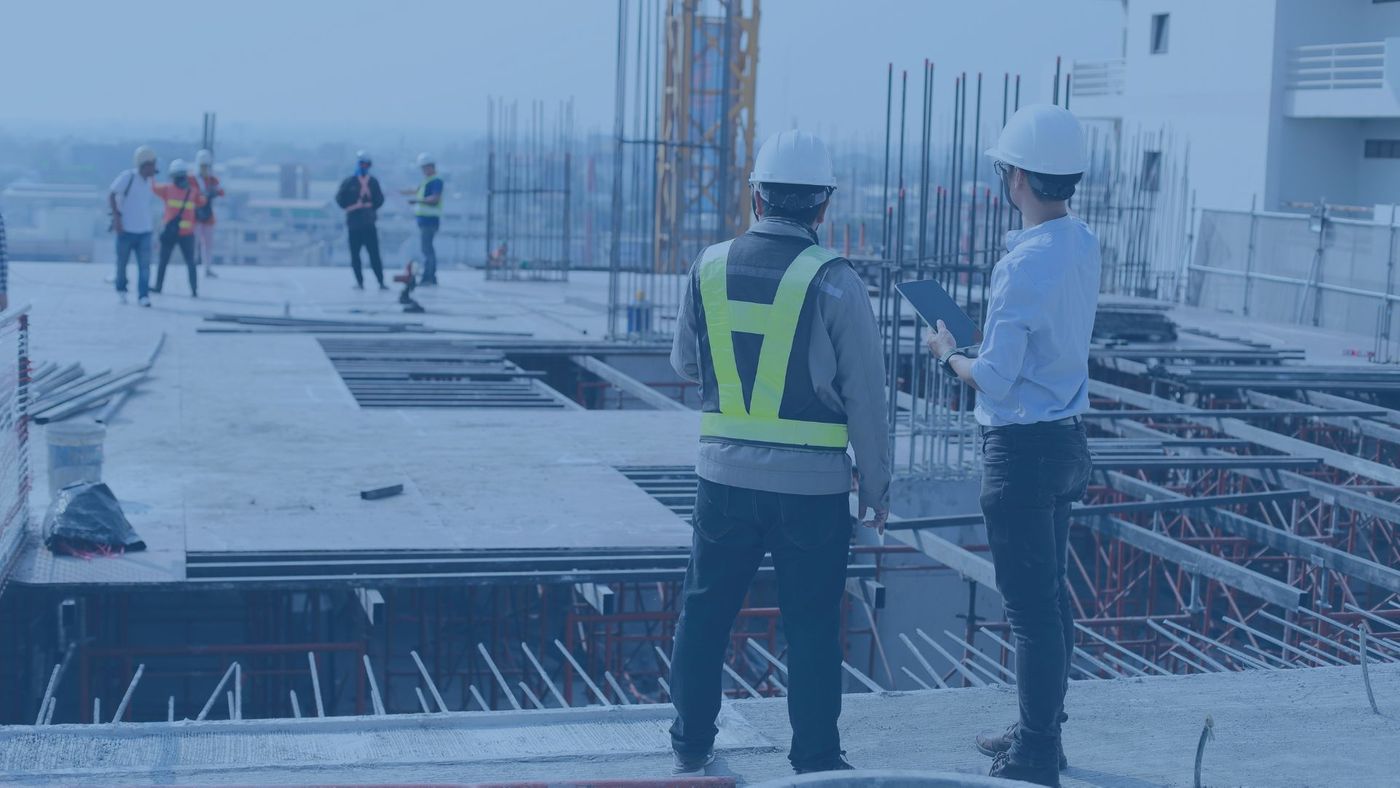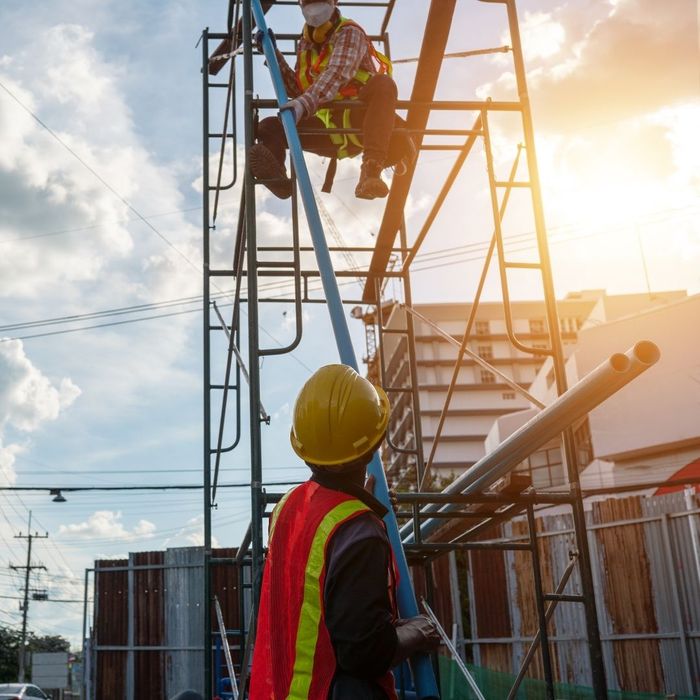Effective Construction Project Management: Key Principles for Success

Successful construction project management encompasses various complex factors, from planning and executing to monitoring progress and delivering results. Fortunately, understanding and applying just a few key principles can significantly enhance project outcomes and ensure stakeholder satisfaction. In today’s article, the team at JobPlanner will explore four essential principles for effective construction project management—read now!

Comprehensive Planning and Scheduling
The foundation of successful project management lies in thorough planning and scheduling. A well-structured project plan outlines the scope, timeline, resources, and budget. Utilizing tools like Gantt charts or project management software can help visualize project tasks and milestones. This proactive approach allows managers to identify potential bottlenecks and allocate resources efficiently, ensuring that all team members are aligned and informed.

Strong Communication and Collaboration
Effective communication is vital to any project's success. Establishing a transparent communication framework fosters collaboration among all stakeholders, including owners, clients, and contractors. Regular meetings, status updates, and progress reports help keep everyone informed and engaged. Encouraging open dialogue not only aids in addressing concerns swiftly but also promotes a sense of ownership and teamwork, leading to better project outcomes.

Risk Management and Adaptability
The construction landscape is rife with uncertainties, making risk management a critical component of project management. Identifying potential risks early on—such as adverse weather conditions, labor shortages, or supply chain disruptions—enables project managers to develop mitigation strategies. Additionally, adaptability is essential in overcoming unforeseen challenges. A flexible project management approach allows teams to pivot when necessary, ensuring that projects remain on track despite unexpected hurdles.

Performance Monitoring and Continuous Improvement
Ongoing performance monitoring is important for ensuring that construction projects stay within scope, time, and budget. Utilizing Key Performance Indicators (KPIs) can help measure progress and identify areas for improvement. Regular evaluations can provide insights into completed tasks, resource allocation, and efficiency levels. Moreover, fostering a culture of continuous improvement encourages teams to learn from experiences and implement best practices in future projects.
By embracing these key principles, construction professionals can navigate the complexities of their projects and achieve successful outcomes. Utilizing solutions like JobPlanner streamlines these efforts, equipping managers with the tools they need to effectively oversee projects and drive success in the construction industry. Contact us today and start paving the way for a more efficient and profitable tomorrow!
